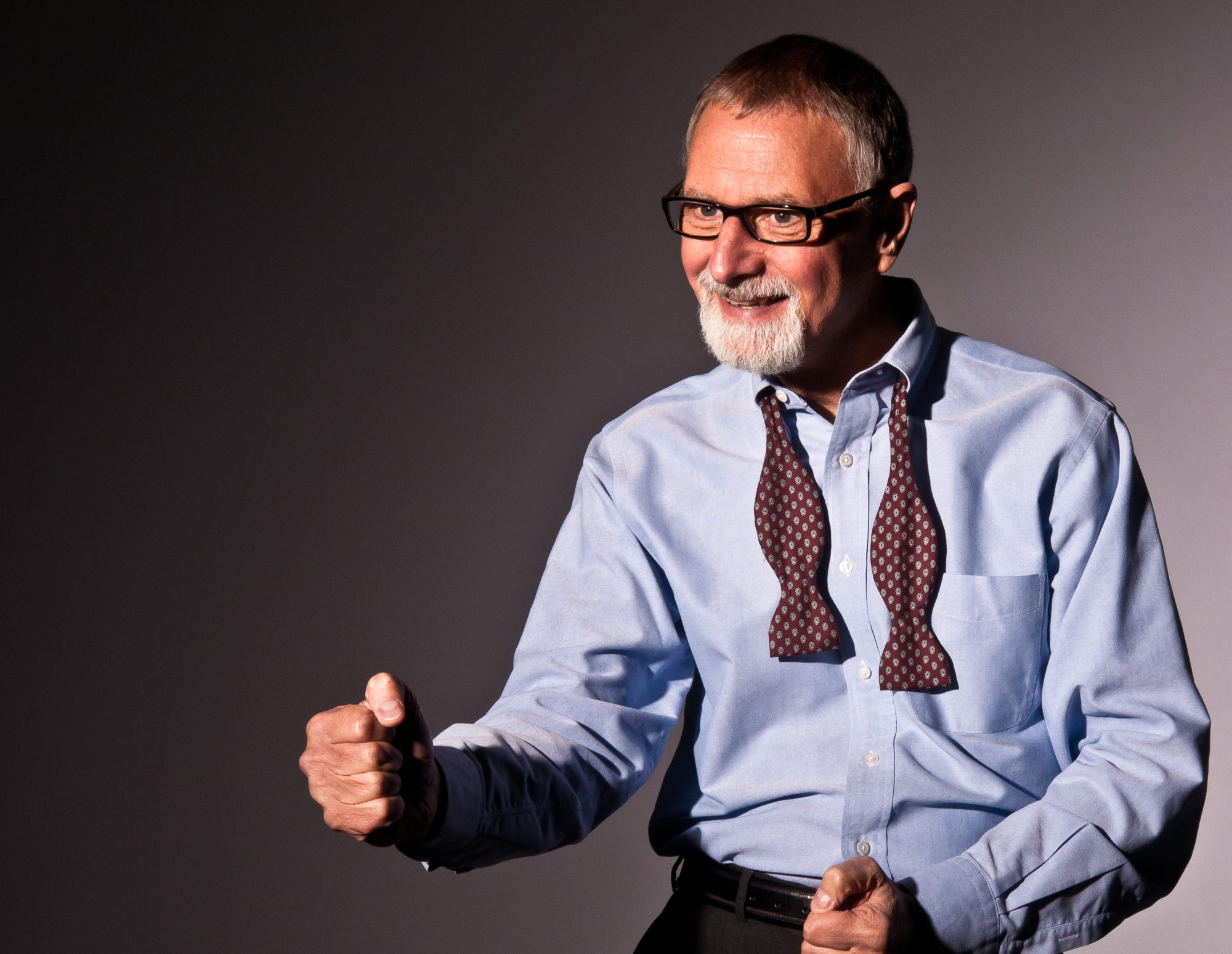As a new professor in Grand Rapids, Michigan, I was sitting in my campus office when the administrative assistant asked if I could take a call from a radio station in Zeeland.
Seconds later a program producer with an interesting accent invited me to a radio interview the following day. I accepted.
The next day the host came on the line to introduce me to his audience. I couldn’t fully understand him. His accent plus the static reduced intelligibility. He frustratingly asked me, “Do you know anything about . . . Zealand?”
“Of course,” I responded, “it’s just down the road. I’ve spoken in Zeeland a couple of times.” “Huh?” he wondered aloud. “Aren’t you in Michigan, in the USA?” “Right,” I confirmed. “Grand Rapids. About 20 miles from Zeeland.”
I had assumed that the program was broadcast on a nearby station in Zeeland, Michigan, when in fact it was a national broadcast on Radio New Zealand. What I interpreted as a Dutch accent from my own geographic area was a Kiwi dialect.
Note: This essay is excerpted from my book Communicate Like a True Leader: 30 Days of Life-Changing Wisdom, available from Amazon.
Miscommunication knows few bounds. The basic problem is that we assume that there will be shared understanding even when we bring different assumptions and life experiences to our interactions.
The most essential part of any definition of communication is shared understanding. Human communication is first of all the art of establishing shared understanding. To understand someone is to “stand under” that unique person, to humble one’s self to his or her understanding of reality.
Communication is not merely the “effect” that we have on each other. How you interpret me—how you are “affected” by my words—is not necessarily communication. If you don’t understand what I am actually intending to say, we failed to communicate. Such lack of shared understanding is miscommunication, not communication.
This is critically important because we humans are not called merely to affect one another. We are creatures of meaning, trust, and, at our best, shared understanding. Which is to say we are designed for community.
We don’t have to agree with one another in order to understand one another. Mature persons can agree to disagree even when they deeply understand each other.
Shared understanding can begin when we honestly accept one another’s invitations to engagement. We are on the way when we accept such invitations gratefully, listen openly, and converse respectfully. We thereby foster shared understanding—understanding of each other’s intended meanings.
When I began the radio interview I didn’t know who my audience really was. New Zealand was beyond my frame of reference. As I wrapped up the interview, I was sweating profusely. I had no idea how well the audience understood me. I could barely remember the conversation. I had been swimming anxiously in a sea of miscommunication. Ironically, the interview was about communication.
Reflection
Do you see communication as shared understanding or mere impact? Do you routinely aim for shared understanding in your everyday interactions?
—Dr. Q
[print_link]

